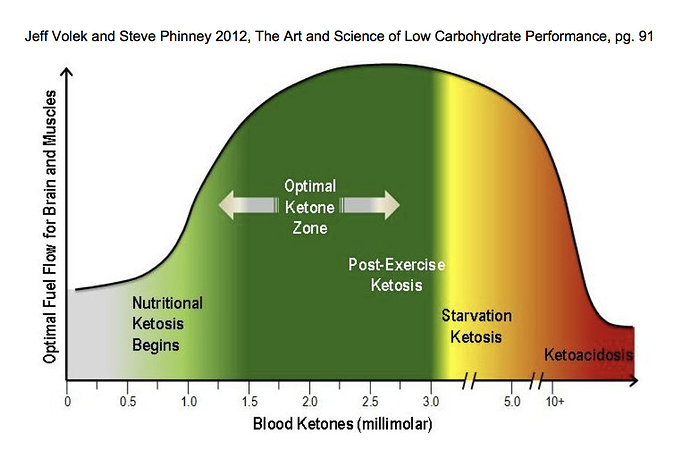Like I previously mentioned back towards the beginning. My Rheumatologist seemed pretty confident in her assertion. She is the specialist that handles auto-immune disease, there is no doctor more qualified than her in this specific area, so there is no reason to move outside of her specialty. When she retired I ran her idea past my next Rheumatologist who confirmed the validity. I have a Primary Care, Endocrinologist, Hepatologist, Hematologist, Orthopedist, Psychologist and Pulmonary doctor all following my progress. I do not need to add anymore doctors, they can handle this just fine. The big picture as well as all of the fine details have been accounted for,
I also closely follow the research of Dr David Sinclair Closely who is a professor of Genetics at Harvard University and is the spear head of longevity and epigenetic research in the USA. As well as Bryan Johnson who is a scientist who has been experimenting with longevity research with his team of 30 doctors. I am pretty sure everyone has the “big picture” covered. I do not really need anyone else’s validation. I’m doing this and unless someone can show me hard data to the contrary than I will stay the course. If I see hard data to the contrary, then I course correct without bias.



